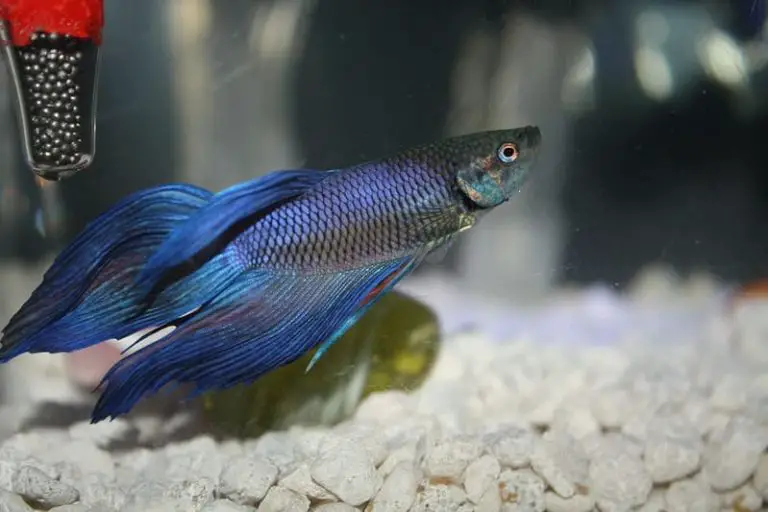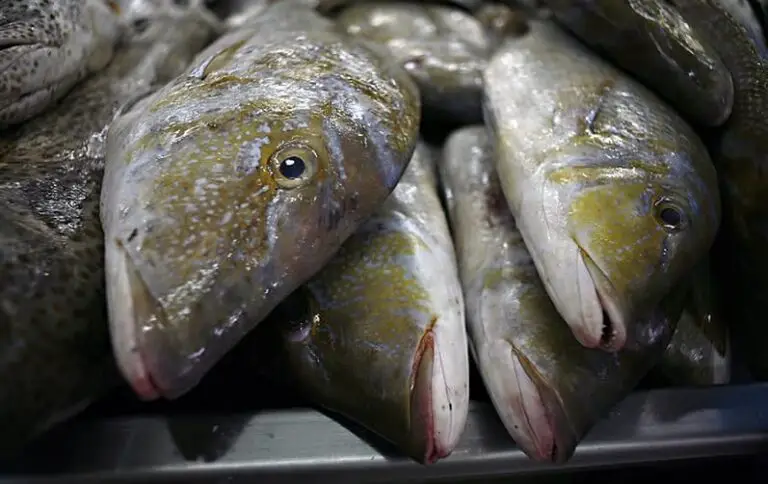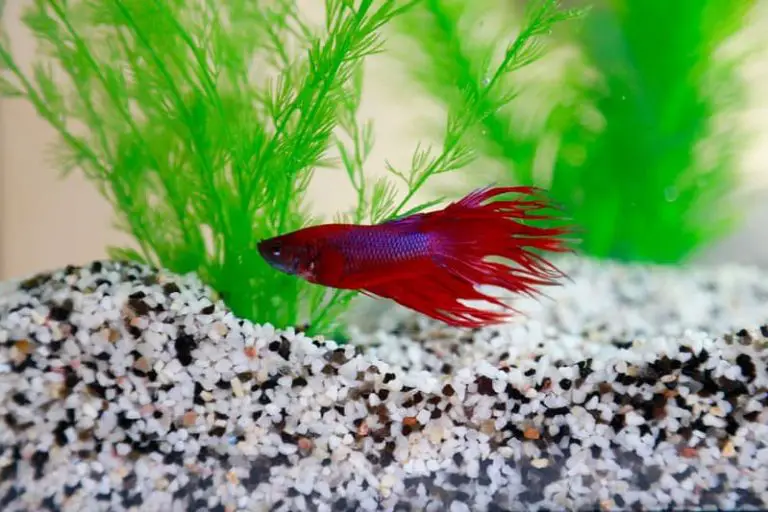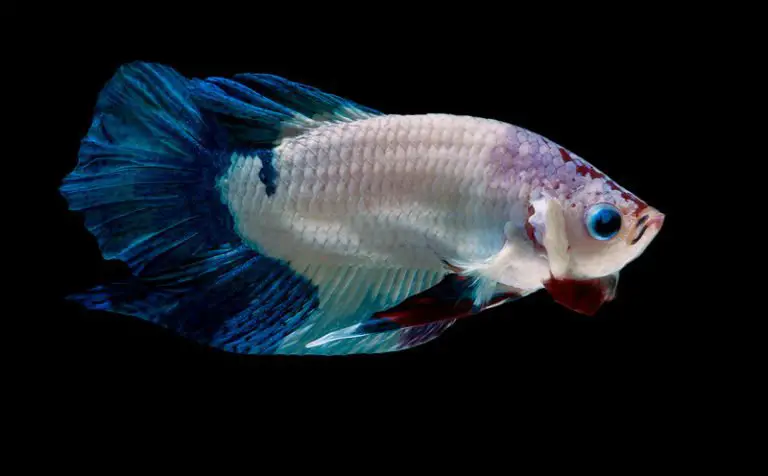Can a Betta Fish Breed Without The Bubble Nest?
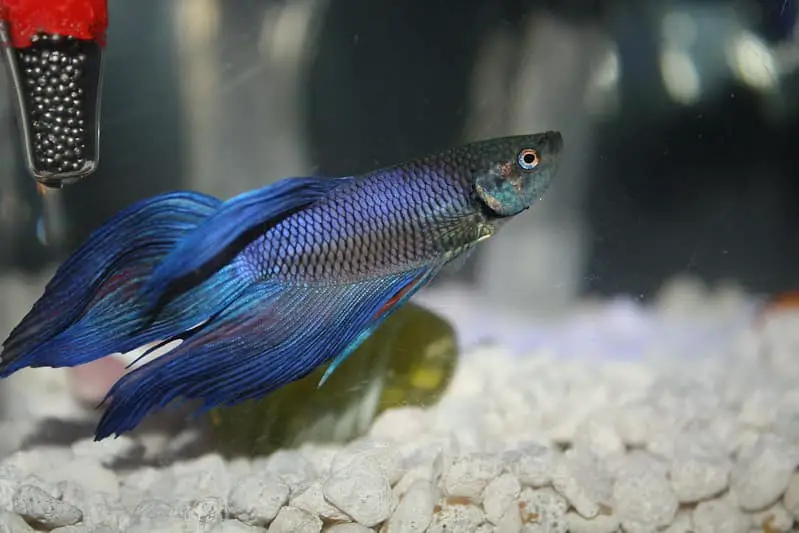
Can betta fish breed without bubble nest?
“I would like to be a fish to touch my nose in your fishbowl and make love bubbles Everywhere”, these are the lyrics of a famous song in my native language (Spanish) that came to my mind while I was preparing this topic, previously I asked myself, what do the bubbles of a fish have to do with love?..from the human point of view, it has everything to do.
Bubbles are a fundamental part of the reproductive process of betta fish, it is understood that the betta fish is an animal, but if you want to explain in a more “romantic” way the betta fish makes bubbles when it is in love. (he really just wants to reproduce like every living organism)
Making bubbles on the surface of the water is an activity that fish do naturally and is very necessary for their development. Betta make bubbles on the surface of the fish tank with their own saliva, with the purpose of forming a nest for their future eggs.
The betta fish cannot reproduce without this nest since this is a very important part of the reproduction process. The bubbles have the purpose of containing the small eggs that will be expelled by the female betta to prevent the eggs from going to the bottom since they are denser than water.
This bubble nest is usually built by the male, and later, when the female deposits the eggs in the water, the male collects them and carries them up to the bubble nest.
Consequences of breeding a betta fish without having a bubble nest
There are negative consequences that you should be aware of when trying to reproduce specimens of the betta fish when the male does not yet have the bubble nest ready.
Many people who are dedicated to the breeding and reproduction of betta fish are always trying to make many reproductions of betta fish, either because they like the process of reproduction and breeding of betta fish or because they have never been able to make a successful reproduction and for that reason they want to make one as successful as possible.
For that reason they always make certain mistakes, mainly because they are in a hurry, you can lose the whole process of reproduction, you must always keep in mind that betta fish breeding is a hobbit that requires a lot of patience and care.
It is necessary to prepare and take care of the adult specimens as well as the young. One of the mistakes that is commonly made is to free the female in the pond when the male does not have the nest ready.
This violent attacks by the male betta fish on the female during the reproduction process is something very well known, the male betta fish has a very bad reputation for having a rough and wild attitude, this is so against the female betta fish, if the betta fish does not have the bubble nest ready and you add a female to the pond things will not go well.
That is why you should keep the female betta fish in a plastic container or similar transparent container, inside or next to the pond, so that the male can court her, but cannot attack her while he builds the nest.
On the contrary, if the female manages to survive the male’s attacks and reproduction will be achieved, but even the male bettafish did not have the nest ready, what will happen is that the male will be too stressed trying to collect all the eggs that will fall one by one to the bottom of the aquarium.
Because the male does not have the nest ready, which is where the young are supposed to be, the eggs will begin to fall to the bottom of the aquarium, causing the male to accidentally eat some of the eggs.
They will not be able to raise them all at the same time, but even worse, when the hatchlings begin to be born, they will all fall to the bottom of the aquarium one by one and this will cause the male betta fish to become even more stressed and probably eat them all.
Remember that a male that does not build a nest is a male that is not yet ready to be reproduced. If your betta fish does not build a nest, you should not release the female because the male may kill her or eat the young because she is not yet in optimal condition to reproduce.
How to breed a betta fish without a bubble nest?
There has always been the myth, and indeed in numerous articles on the internet and from experts in betta fish breeding and reproduction, that light-colored betta, including Cambodians, cellophane males and yellow males are certainly difficult to breed.
Apparently the genetics of the same diminishes the reproductive instinct, many holders of these betta fish have experienced something similar and many difficulties can be presented to reproduce couples of betta fish of that type, it is possible that you have tried the reproduction by various occasions and the only result obtained is the male betta fish mistreating the female, but it has not had at any moment the instinct to spawn it neither and to make nest of bubbles.
There is a solution that works, and this is using a bubble nest of another person, for that you are going to use the nest that has made another betta male of any other color.
This can be a somewhat tedious method because you would have to get another betta fish and expect it to make a bubble nest, but it is totally worth it to reproduce species that can be genetically valuable and very difficult to get in the environment or difficult to reproduce.
What you should do is carefully remove the bubbles with a semi-curved element, it can be a plastic cup, and place them in the other container and it doesn’t matter that the bubbles you have obtained are not too many, they can be enough to nest the eggs in case you have a positive spawning.
Try to place the bubbles as close as possible to the male, then you can place the female betta fish in the same container as the male and he will start to court her, try to make the location of the female as close as possible to the nest to see if the male will dare to complete the bubble nest.
It is possible to have a successful reproduction with this method, as I had previously mentioned this is not a technique that you will use regularly, it is something that you will use sporadically in specimens that are difficult to reproduce and that are very valuable.


